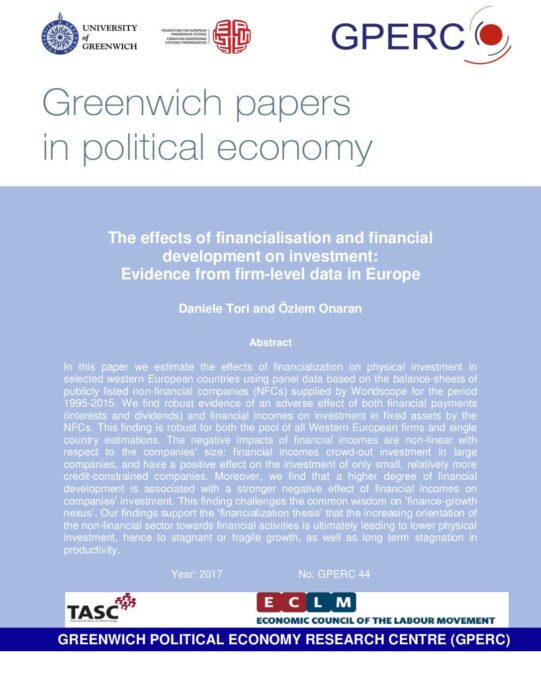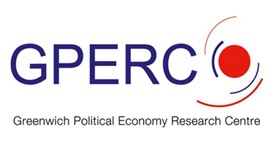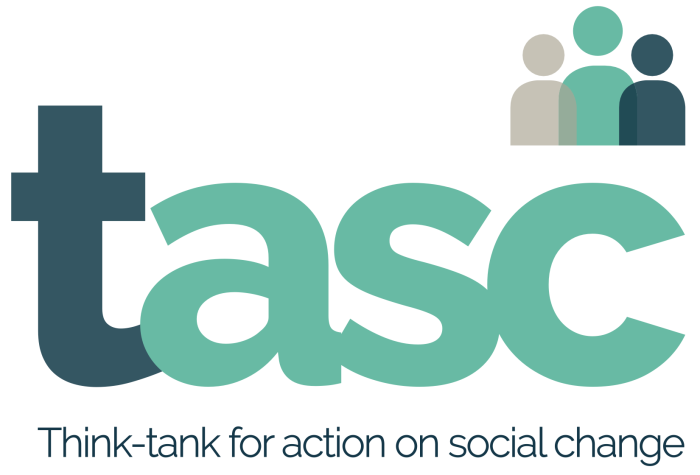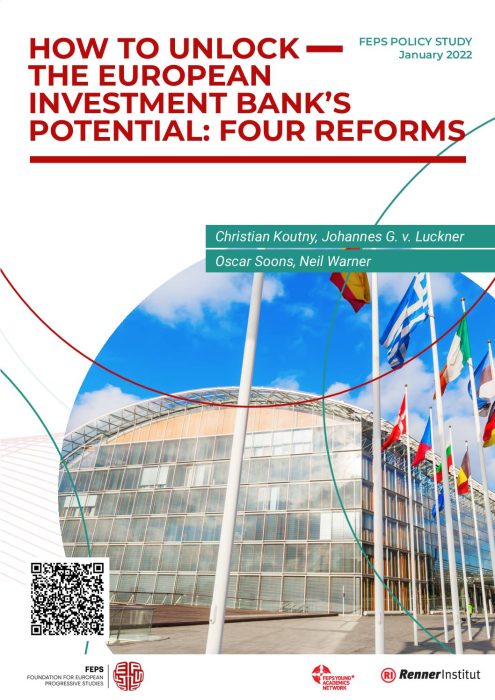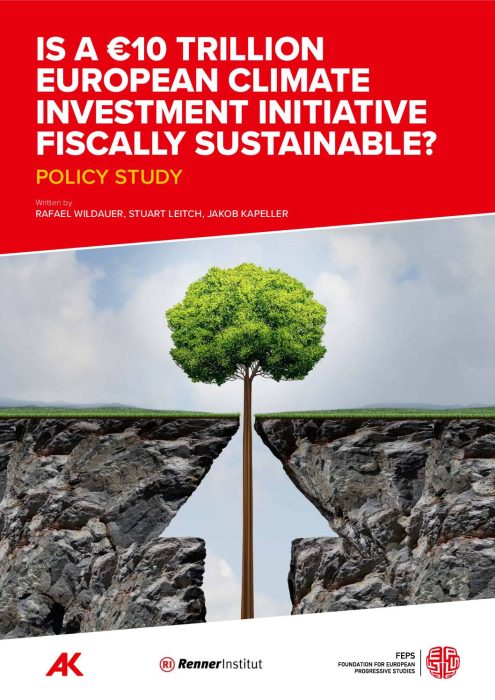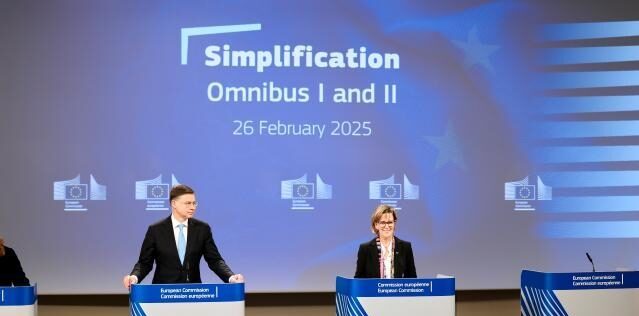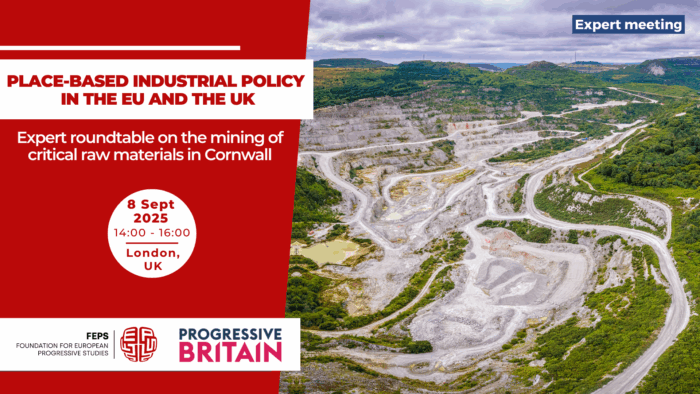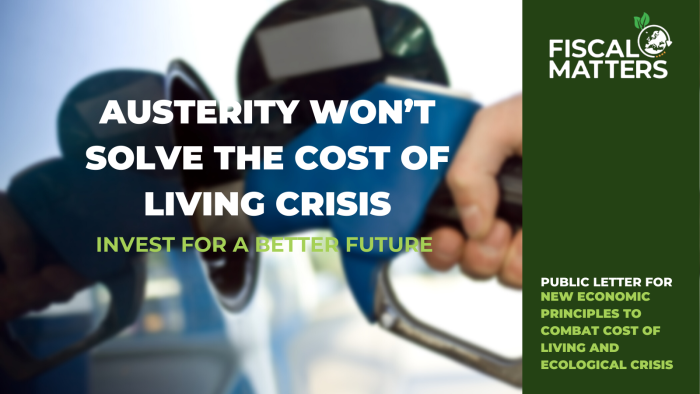Network
Find all related publications
Publications
Find all related Progressive Post
Progressive Post
Find all related events
Events
Upcoming
Past
Find all related Audiovisual
Audiovisual
14/08/2024
16/07/2024
11/03/2024
Find all related news
News
Find all related in the media
In the media
“Trade doesn’t work in isolation from good domestic policies” Interview to Arancha González
by Borderlex 19/09/2023

